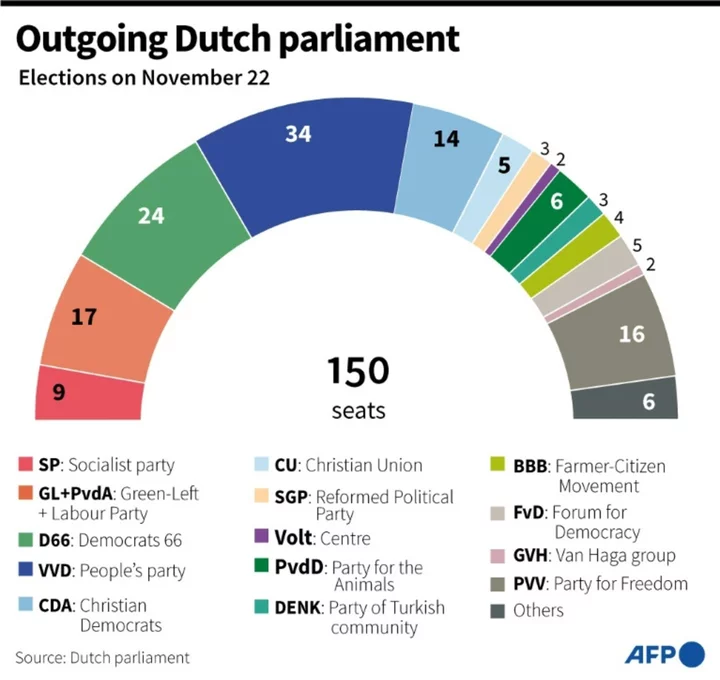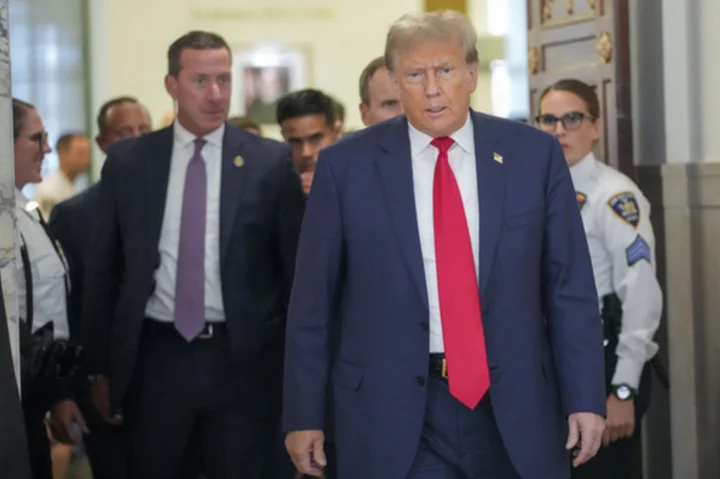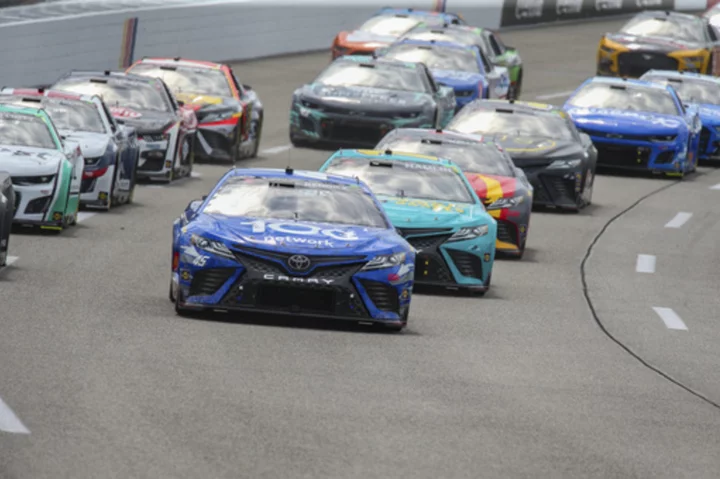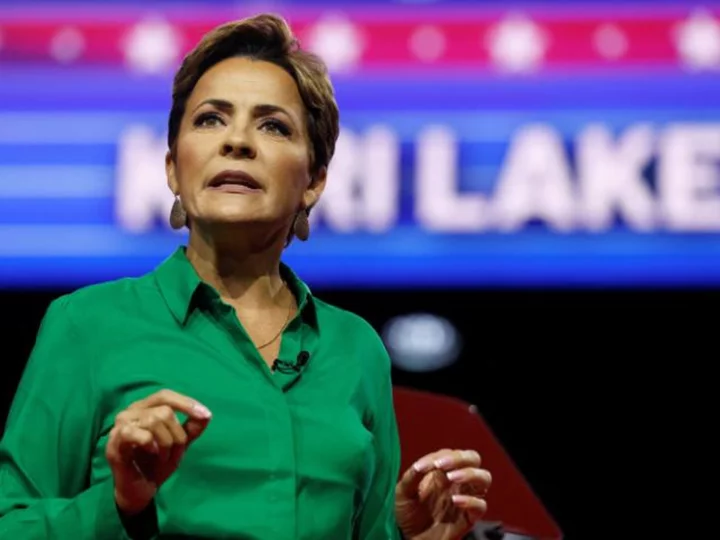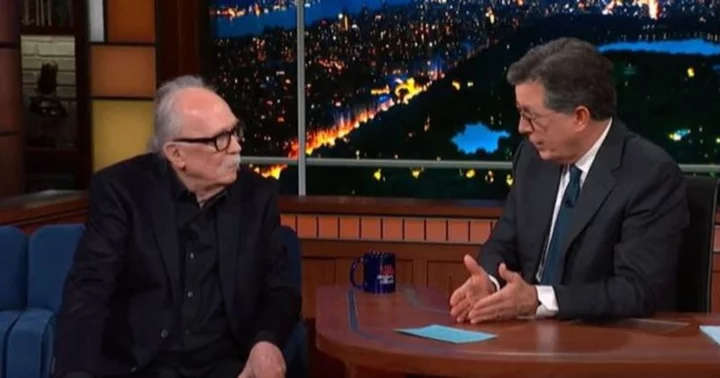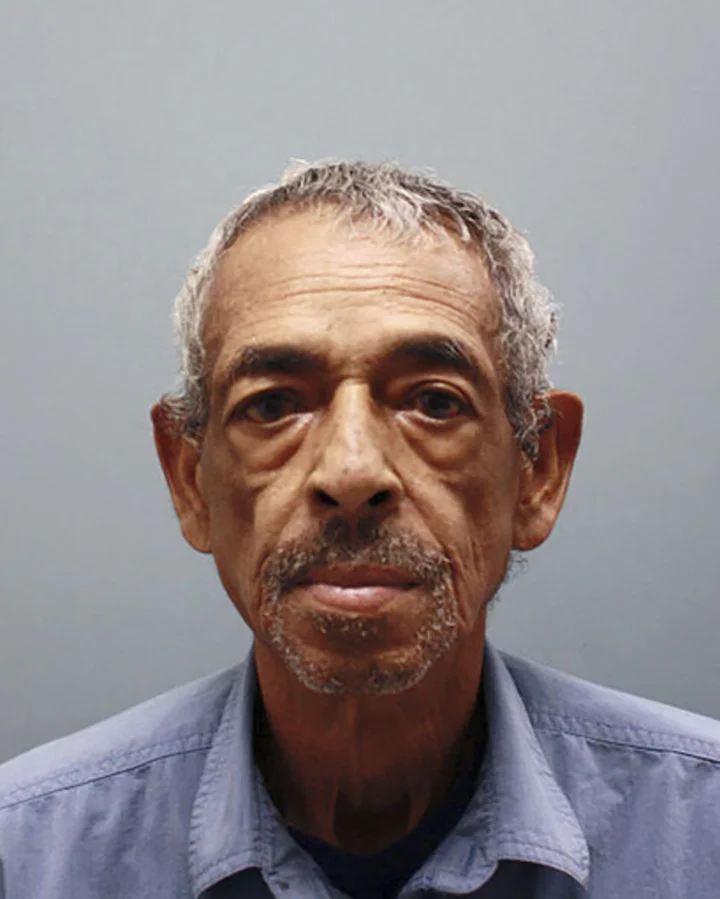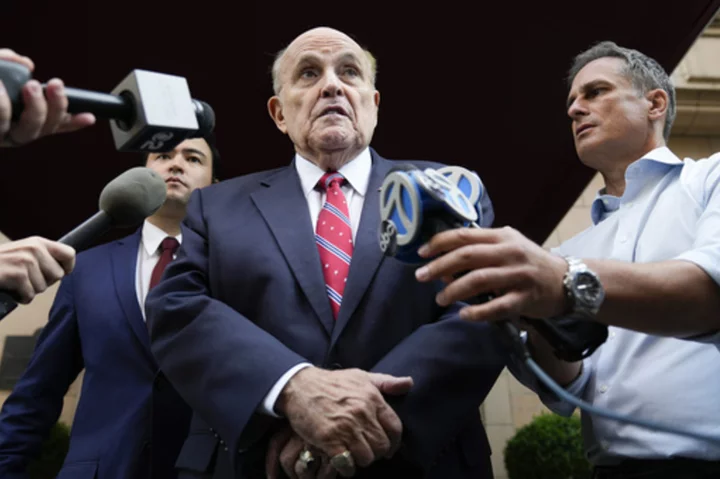Dutch voters headed to the polls Wednesday for a nail-biting election that will transform the country's political landscape after Prime Minister Mark Rutte's record 13 years in power.
Opinion polls have fluctuated wildly in the run-up to election day, with four candidates -- including one from the far-right -- seen as having a shot at taking the helm of the EU's fifth-biggest economy.
The stakes are high: punching above its weight in the European Union and on the world stage, the Netherlands is a steadfast supporter of Ukraine and strict fiscal discipline in the eurozone.
But polls showed a huge percentage of voters remained undecided right up to election day, making for a tense and unpredictable vote.
"For me, this is a bit of a different election because anyone can win. In the end it came down to two candidates. I tossed a coin and chose one," Vincent Spijker, a 54-year-old manager told AFP after casting his vote.
Voting closes at 9:00 pm (2000 GMT) when exit polls are published. Turnout is usually relatively high above 70 percent.
Could the Netherlands elect its first woman prime minister? Dilan Yesilgoz, leader of the centre-right VVD party and successor to Rutte, is hoping to cap a meteoric career by clinching the top job.
Born in Turkey, the charismatic 46-year-old has taken a hard line on immigration, pledging to drive down refugee numbers -- a paradox to many as she arrived as a young girl following her asylum-seeking father.
Hard-working and media-savvy with a strong presence on Instagram, Yesilgoz has shrugged off the fact that she would make history as the first woman PM, but told AFP at a recent rally: "It's about time."
Yesilgoz immediately raised eyebrows by declaring a willingness to welcome anti-Islam firebrand Geert Wilders into a VVD-led coalition -- a radical departure from Rutte's policy.
Wilders has sought to tone down some of his more hardline views, even saying there were "bigger problems" than bringing down asylum numbers and that he could put some of his anti-Islam positions "in the freezer".
If he were prime minister he would govern "for all Dutch people," Wilders insisted during an election-eve debate.
His PVV party appeared to have some momentum in the final days of campaigning, enjoying a big spike in the polls, and he seems likely to play some role in post-election jockeying.
A Wilders win would be a political earthquake felt beyond the Netherlands, but it is unclear who would accept to join a PVV-led coalition, making forming a government tricky.
- 'Saint Pieter' -
Pieter Omtzigt, a maverick MP and whistleblower, has thrown a massive spanner in the works with the creation of a completely new party, the New Social Contract (NSC).
Dubbed "Saint Pieter" and considered by many a political Messiah for his crusade to clean up Dutch politics, he looked the clear favourite at one point.
But his support appeared to have dipped in the final days of the campaign, hampered by uncertainty over whether he actually wanted the top job.
He told AFP it was "secondary" who was PM, eventually relenting under daily questioning by saying he would lead a cabinet of experts, not politicians.
If Yesilgoz, Omtzigt and Wilders are all on the right of the political spectrum, former European Commissioner Frans Timmermans is hoping to build a left-wing wall to keep them at bay.
Architect of the EU's Green Deal, the 62-year-old brings experience, climate credentials and a safe pair of hands to the campaign.
He too saw a jump in support in the final days, with analysts saying left-wing voters were banding together with his Green/Labour party to prevent a right-wing coalition.
Immigration, cost-of-living, and a crippling housing crisis especially affecting young Dutch voters have been the main election topics.
Following Rutte's premiership -- tainted by so many scandals he became known as "Teflon Mark" for his ability to survive anything -- the Dutch are also looking for a change in governing style, say experts.
In the fragmented Dutch "Polder" political system, no party is likely to win more than 20 percent of the vote, meaning coalition horse-trading begins immediately after the results.
It took 271 days for the last government to be formed.
Until then, the suspense is total. "Anyone who knows who is going to win this election is lying through their teeth," political analyst Julia Wouters told AFP.
"Anything and everything can still happen."
bur-ric/jm

